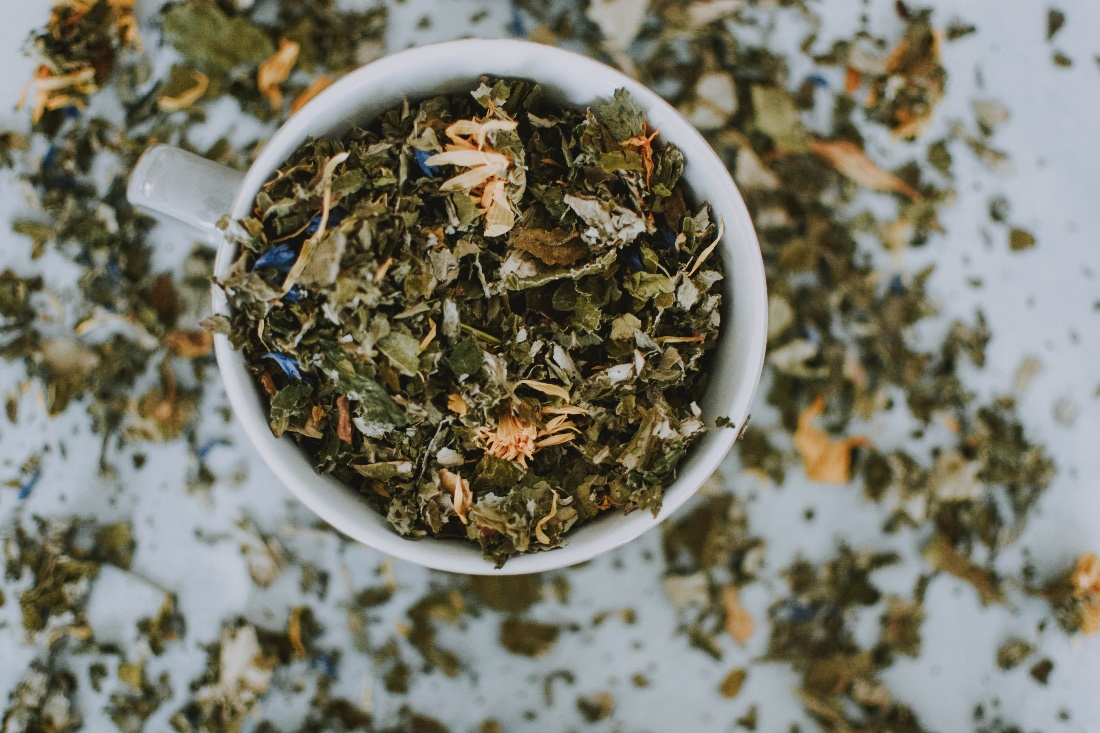What is Enlarged Prostate, BPH Symptoms & Main BPH Causes
Benign prostatic hyperplasia (BPH) is one of the most common urinary diseases affecting men, it affects one in five men between the ages of 50 and 60 .The symptoms can certainly be bothersome, and they can even cause problems in your personal life or at work because you can’t sleep. Turning to medication or surgery can make matters worse in some cases, especially when it isn’t entirely necessary, but there are some lifestyle and diet changes that can make a difference when it comes to an enlarged Prostate.
Prostate issues range from minor inconveniences to serious life-threatening illnesses. Taking care of your prostate gland should be an integral part of your overall wellness program throughout life. Exercising, eating well, taking certain herbs and supplements, and making simple improvements to your daily life will help.
What Is an Enlarged Prostate?
The prostate, a gland in the male reproductive system, is located just below the bladder, between the rectum and the base of the penis. Because the prostate wraps around part of the urethra, where urine passes through, an enlarged prostate may cause issues with urination.
When the prostate grows, it may push against the bladder and urethra, making you feel like you need to urinate even though your bladder is not full and preventing the urine from flowing out naturally. This feeling becomes stronger when the muscles at the bottom of the bladder begin contracting, even when only a small amount of urine is present. Over time, this constant pressure can weaken the bladder muscles, and as a result the bladder will no longer be able to empty itself properly, always leaving some urine behind.
Enlarged Prostate Symptoms
When the prostate is enlarged, it pushes against the bladder and urinary tract. This can lead to issues, such as:
- Frequent urination, especially at night.
- Difficulty postponing urination.
- It taking longer for urine to start flowing (despite the urgency to urinate).
- Straining when urinating.
- Weaker urine flow and taking longer to finish urinating.
- Dripping and leaking after urination.
- Feeling like the bladder is not empty after urinating.
There is not always a direct relationship between the size of the prostate and the symptoms. Men with very enlarged prostates may not experience symptoms, while others who don’t have very enlarged prostates may have a lot of problem.
About a third of men with an enlarged prostate have lower urinary tract symptoms (LUTS) that can interfere with their quality of life. Symptoms of LUTS include filling symptoms, such as frequent urination, especially at night, and voiding symptoms, such as poor stream, incomplete urination and dribbling after urination. For some men, the symptoms subside over time, while for others they remain the same or deteriorate over time, which may require surgical treatment.
Occasionally, men with enlarged prostate may suddenly have difficulty urinating, or they cannot urinate at all. This is a condition called acute urinary retention, and it requires immediate medical attention in order to relieve the severe discomfort.
Main Enlarged Prostate Causes
Hormones
The relationship between hormones and prostate size was postulated back in 1895. In his studies, Dr. J. William White applied bilateral castration in patients with BPH. The prostate decreased in size, and urinary symptoms improved. Thus, it was clear that androgens in men had an important role in increasing prostate size.
DHT
Dihydrotestosterone (DHT) is a metabolite of testosterone. DHT triggers the differentiation of the prostate in the fetus. It is also responsible for the virilization of genitalia in men, It contributes to other secondary sexual characteristics. In the prostate, DHT binds to the androgen receptor. After doing so, it triggers transcription genes that produce PSA protein and promote cell proliferation. Several growth factors are synthesized, and apoptosis is silenced. That’s why androgens are associated with prostate growth.
Testosterone
There’s not always a direct correlation between serum testosterone and its effects in the prostate. That’s because the prostate has a separate microenvironment. In the prostate tissue, testosterone can be converted into DHT due to central machine .There’s an androgen environment inside the prostate, which can be different from the outside, but they are not the only hormones involved in BPH.
Estrogen
Men have very low estrogen levels compared to women, but this hormone may be another cause of BPH. Aging men reduce their testosterone levels, but their estrogen levels remain the same. As their estrogen to testosterone ratio increases, their risk of BPH increases as well. Studies have also identified a correlation between serum estrogens and prostate volume
Insulin
Another hormone with a key role in prostate enlargement is insulin. Recent studies suggest that high levels of insulin triggered by the diet can cause hypertension and BPH. That’s why elderly patients with prostate problems usually have high blood pressure.
Aging
The plasma level of testosterone decreases, as well as the testosterone/estrogen ratio, resulting in increased estrogen activity, which may facilitate the hyperplasia of the prostate cells. A series of body changes favor prostate enlargement and lower urinary tract symptoms with aging .
At the microscope, they have thicker collagen bundles that accumulate over time. When such a deposition is at the midpoint of the prostatic urethra, it usually causes lower urinary tract symptoms.
Family History
A study published in the American Journal of Epidemiology evaluated family history and its relationship with BPH because BPH is more common in black males.
Tips to Improve your Prostate Health:
Certain lifestyle changes may help relieve symptoms of an enlarged prostate. For those who wish to wait before choosing drug therapy or surgery, trying these recommendations may be beneficial:
- Limit or avoid alcohol and caffeine.
- Limit drinking fluids in the evening.
- Try to urinate at least once every three hours.
- Engage in physical activity.
- Maintain a healthy weight.
- Increase intake of healthy fats (such as omega-3 foods).
- Herbal supplements (Such as Pros-Power Supplement).
Conclusion
An enlarged prostate is not the same as prostate cancer but causes similar symptoms. Patients with lower urinary tract symptoms should check their prostate after reaching 40 years. After this age, prostate enlargement becomes more prevalent. That’s especially the case if we have other predisposing factors, such as obesity and sedentary behavior. Hormones play a significant role in the development of BPH, as well as family history. It is also essential to look after your diet, trying to increase your intake of fruits and vegetables and antioxidant herbs and food supplement such as Pros-Power herbal supplement.



